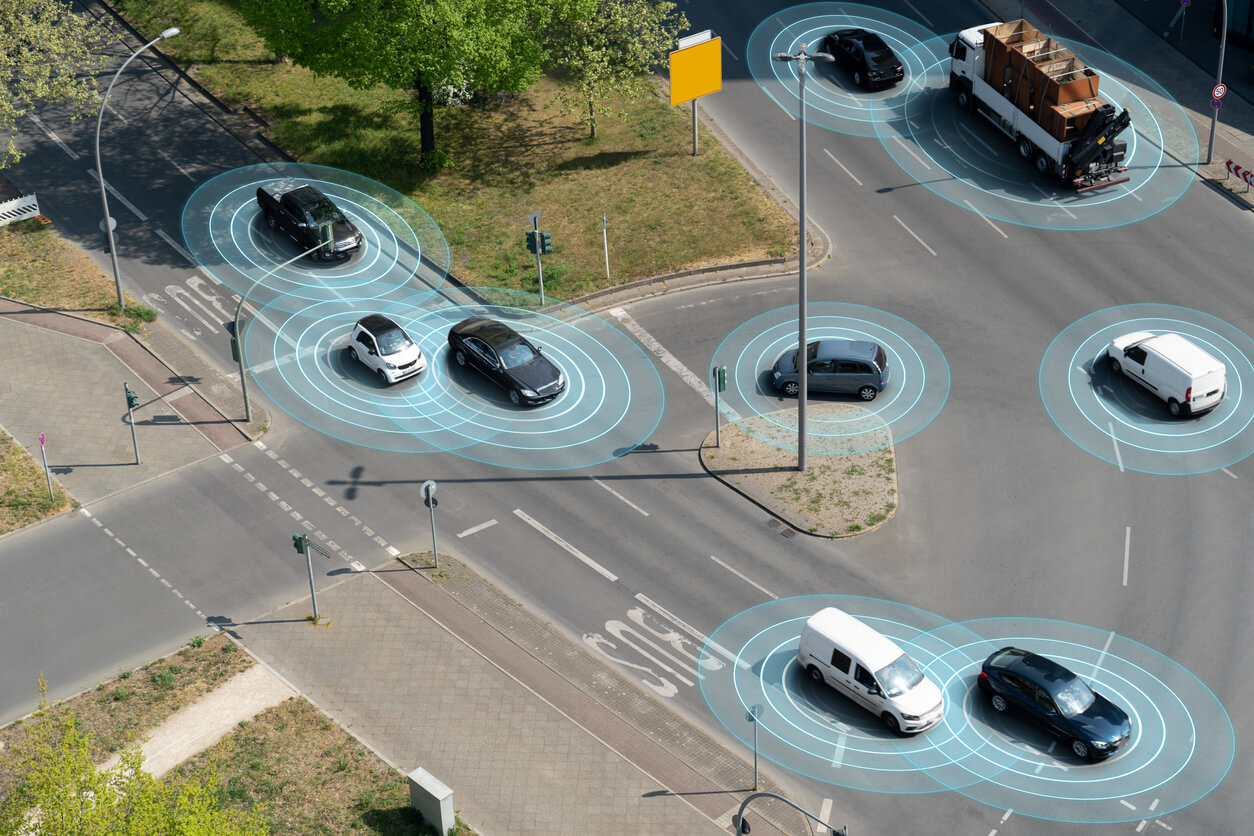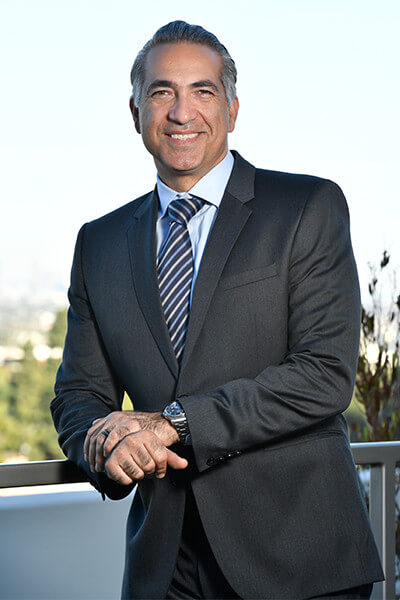By Nicole Halavi
While self-driving cars have revolutionized the concept of driving and car ownership, this new technology still leaves drivers susceptible to crashes. At this point, Tesla’s Model S has allegedly already caused 2 fatalities. Now, Tesla faces a class action lawsuit for its autopilot program, which plaintiffs argue was sold without standard safety features.
Tesla isn’t the only automaker putting unsafe self-driving vehicles on the road: Uber, Google, and General Motors vehicles have also been involved in several crashes. Ultimately, there is doubt concerning the truthfulness of the automakers’ claims that autonomous driving technology is actually safer than the average human driver.
As of November 2018, only 29 states have enacted self-driving car legislation. That is, self-driving cars are being manufactured faster than relevant laws can be enacted. However, the last year has seen a rise in state legislation concerning self-driving cars. In response, the U.S. House and Senate Commerce Committee have passed federal legislation that would give NHTSA the power to oversee the regulation of self-driving cars. However, consumer advocates are concerned as this would increase the number of vehicles exempted from federal regulations.
In May 2016, a Tesla Model S in autopilot mode allegedly failed to avoid a collision with an 18-wheeler in Florida. Apparently, the truck was not detected because of its height and a glare from the sky. As a result, the Tesla driver was killed. In July 2016, Tesla was faced with another lawsuit when the father of a Tesla driver sued after his son was killed in a Tesla Model S crash. Ultimately, customers are arguing that Tesla needs to be more cautious when marketing the autopilot feature and should let owners and potential buyers know that it has defects.
In October 2018, a lawsuit was brought against Tesla when the plaintiff’s Model S was in autopilot mode and crashed into a disabled Ford Fiesta on the roadway at about 80 mph. The suit alleges that customers like the plaintiff were duped by Tesla into believing its autopilot technology could safely transport passengers at high speeds with minimal oversight. Apparently, the Tesla software fails to reliably detect stationary objects.
Moving forward, NHTSA recently recognized the autonomous software in these vehicles as the “driver,” making it more likely that manufacturers will be at fault for car accidents.
What Can I Do if I’ve Been Involved in a Self-Driving Car Accident?
If you are driving a vehicle equipped with autonomous driving technology and you’ve been in an accident, California’s lemon laws are here to protect you and prevent any further complications. The attorneys at CCA are very knowledgeable about the issues associated with self-driving technology and will work with you to fight back against the automaker.
Please do not hesitate to call CCA today for a free consultation: (833) LEMON-FIRM. We’ll get you the compensation you deserve – and at no cost to you!

